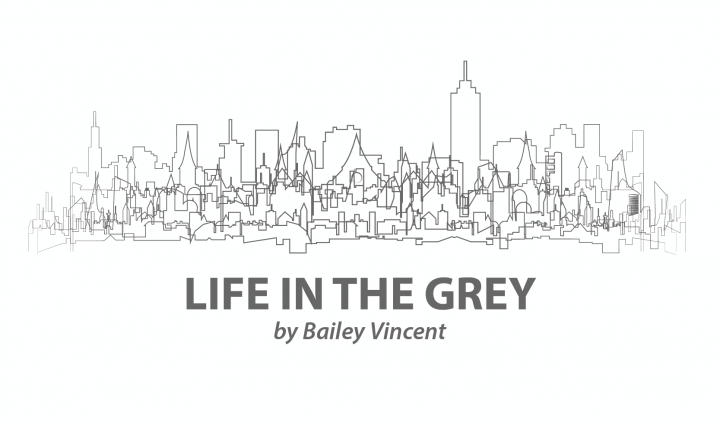Death Is Not a Good Diet Plan
Written by |

If I die from anything, it’s going to be food.
I have gone without food for long periods of time. It’s something many people with cystic fibrosis or other chronic illnesses know too well.
After my fundoplication surgery in 2015, I couldn’t eat anything denser than pudding while the swelling inside me went down. I would make instant mashed potatoes and add cheese, mayonnaise, and sour cream to bolster my calories. Sometimes, I’d take banana baby food and mix in gluten-free Funfetti cake mix, like some sort of potassium-powered psycho-batter.
Any time my biliary system goes berserk, we “starve my pancreas,” a common protocol until the pain subsides. For me, this is normally once a month, lasting upward of seven to 10 days. I find ways to cheat the system: salty bouillon binges, Italian ice, or ice ice (baby) — whatever makes me feel I’m eating when I’m not.
Before my colon and large intestine removal, I avoided bowel obstructions as much as possible, though they’re all too common in the cystic world. After that (and a few ileuses), I was told to limit fibrous intake and stick to simple staples such as white bread, apple sauce, and more bananas.
“I love salad,” I’d explain (though I really just love toppings — the more ranch, goat cheese, fruits, and nuts the better).
“You can have a little bit of iceberg to create the same feeling,” my lovely colo-dietitian would reply.
My mom taught us that iceberg was a useless lettuce, a Jerry Springer in a field of Oprahs. She cooked a lot of weird things growing up in South Florida, things that weren’t as common as they are now. Looking back, childhood feels like “A Day in the Life” of a vegan Insta-influencer from Calabasas, but back then it was just sushi-like substances with zero Toaster Strudel.
“I’ll raise you one apple for half a Little Debbie,” I’d say to Catholic school classmates, wheeling and dealing in uniform and pigtails.
My mission in life was to eat “normal kid” food, things like Lunchables and breakfast cereal. But instead, Mom used tempeh, almond butter, and kale. Most of my friends didn’t know what kale was in the 1990s, let alone make chips and smoothies from it.
Sometimes when I felt sick, Mom would stir fry vegetables with dark brown rice and soy sauce, and sprinkle it with almonds and magic. Food has never tasted the way it did when Mom made it.
Now when I’m sick, I can’t eat at all. Many assume that because I have two feeding tubes — one for venting air that can’t escape post-fundoplication, and one for boosting a digestively defunct, robo-powered tummy — I don’t eat orally. I do. However, every time I have an infection or can’t stop “vomiting” (something I also can’t do properly), I rely on an insurance of Ensurance.
These tubes have saved me more than once, and I’m grateful. So why do I keep eating when it hurts? I couldn’t sit up last night from pain, but instead of using feeds flat on my back, I tilted miserably to one side and shoveled coffee ice cream in my mouth (Häagen-Dazs, of course — I’m not a monster) rather than taste nothing at all.
I have friends who chew grapes while daydreaming about John Mayer bubble-gum tongues because they can’t ingest at all. They are doing what they must to put wellness first. I admire them more than words can say, because if I die, it will be from food.
We all have our lines, our limits for what makes quality of life worth living, and that’s mine. I associate food with pain as much as I do purpose. But I’m also grateful for every memory-mouthful that has made me, me.
No matter what diet culture says or how our inner voice talks to us, never take food for granted while you have it.
This is what it tastes like to be alive.
***
Note: Cystic Fibrosis News Today is strictly a news and information website about the disease. It does not provide medical advice, diagnosis, or treatment. This content is not intended to be a substitute for professional medical advice, diagnosis, or treatment. Always seek the advice of your physician or other qualified health provider with any questions you may have regarding a medical condition. Never disregard professional medical advice or delay in seeking it because of something you have read on this website. The opinions expressed in this column are not those of Cystic Fibrosis News Today, or its parent company, Bionews Services, and are intended to spark discussion about issues pertaining to cystic fibrosis.









Leave a comment
Fill in the required fields to post. Your email address will not be published.